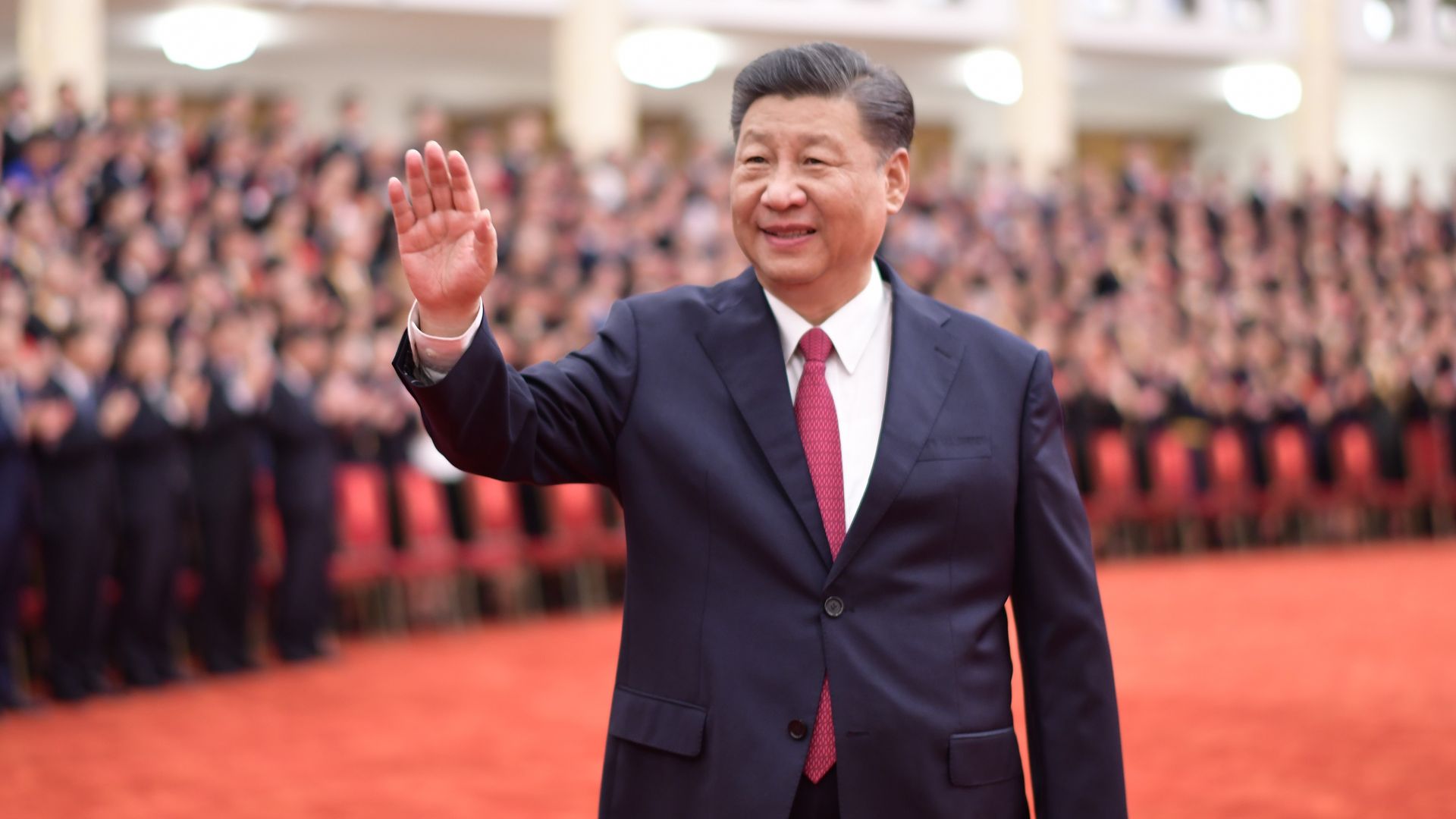
It’s China week in the House of Representatives where members are voting on bills regarding US-China policy including education, military, economics and more. We spoke with the chairman of the select committee on the CCP, Congressman John Moolenaar. Here’s our conversation.
Ray Bogan: What is it about countering China that has become so bipartisan?
Chairman Moolenaar:
I think people across the board are recognizing that the China of today is very different than even the last few years. And under Xi Jinping, China has become more aggressive, the CCP is becoming aggressive at home and violating human rights, as well as abroad. They’re becoming more militarily aggressive in the South China Sea. They did their first flyover in Japan where they invaded Japanese airspace. You know, spying, you know we’ve had spies in America. So I think people are more aware that the China that we’d hoped for – one that would promote freedom, democracy, be a responsible leader in the world community – very different when we see they aren’t respecting the rule of law. I think there’s a general awareness that we need to push back and make sure that we’re promoting the values that as Americans and the free world share.
Ray Bogan:
You just mentioned the South China Sea. There’s NATO in Europe to counter Russia. We’ve got Japan, South Korea, there’s also a mutual defense treaty with the Philippines to protect each other in the Pacific should either one of us come under attack – is it fair to say there is going to be a coalition similar to NATO, whether formal or informal, in the Pacific to counter China?
Chairman Moolenaar:
I think there’s a collaboration of allies. And I would put the ones that you mentioned right up there. Japan is our strong ally, South Korea, the Philippines. I think other nations are concerned as well. Australia is taking the lead on more things to make sure that we have a free and open Indo-Pacific. And on the flip side, you see China, and their no limits partnership with Russia, and you see partnering with North Korea, with Iran. And that is very troubling when you see those nations forming alliances.
Ray Bogan:
A lot of the policy in the United States right now, in regards to China, kind of takes the position that China does not play by the rules and China cheats. For instance, President Biden put a 100% tariff on EV’s from China because they were artificially lowering the prices to get a foothold in the market. China is also known to steal intellectual property so they can make the products cheaper because they didn’t have to invest in research and development. Is there any diplomacy, or do you think there’s enough diplomacy going on to say, ‘Hey, China, you know, we could be much more strategic partners if you stop cheating?’
Chairman Moolenaar:
I think that message has been communicated. Unfortunately, I don’t think – reciprocity has not taken place. So I think people have been very clear that we expect respect for private property rights, for the rule of law, and China simply doesn’t value that in the same way we do. And so when it comes to things like patent protection, intellectual property, even partnering with universities and stealing technology, it’s rampant with respect to China. So, you know, we need to recognize that we’ve been delivering that message, they haven’t been hearing it and so there needs to be a stronger approach.











